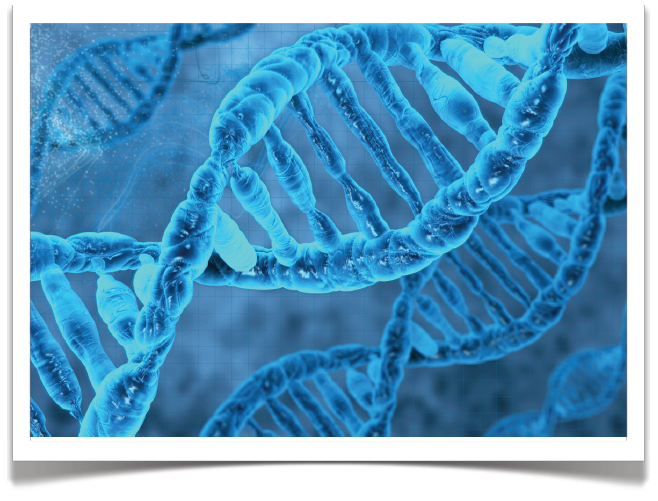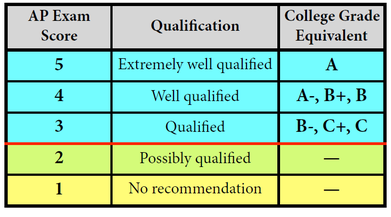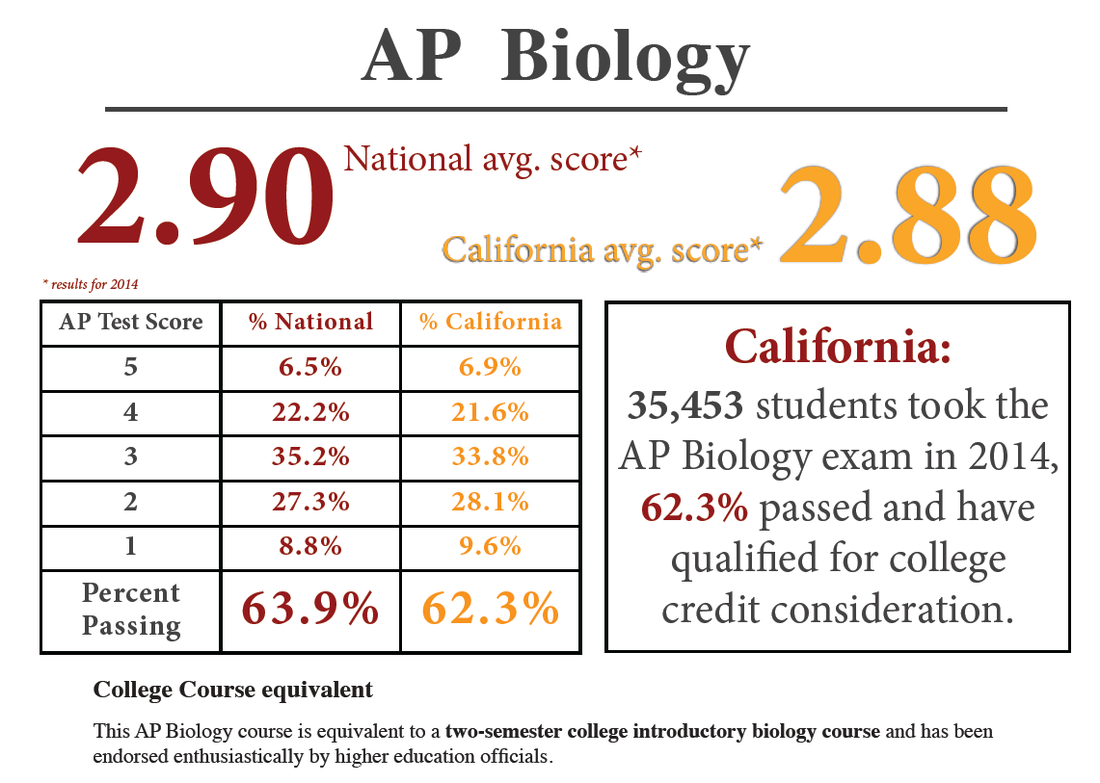About the AP Biology CourseAP Biology is an introductory college-level biology course. Students cultivate their understanding of biology through inquiry-based investigations as they explore the following topics: evolution, cellular processes — energy and communication, genetics, information transfer, ecology, and interactions. The course is based on four Big Ideas, which encompass core scientific principles, theories, and processes that cut across traditional boundaries and provide a broad way of thinking about living organisms and biological systems.
The following are the “Big Ideas” in AP Biology:
How AP exams Are ScoredAP Exam Readers are thoroughly trained, and their work is monitored throughout the Reading for fairness and consistency. In each subject, a highly respected college faculty member fills the role of Chief Reader, who, with the help of AP leaders in leadership positions, maintains the accuracy of the scoring standards.
Scores on the free-response questions are weighted and combined with the results of the computer-scored multiple-choice questions, and this raw score is converted into a composite AP score of 5, 4, 3, 2, or 1. In general, an AP Exam score of 5 is equivalent to the average score among college students earning grades of A in the college course. Similarly, AP Exam scores of 4 are equivalent to college grades of A−, B+, and B. AP Exam scores of 3 are equivalent to college grades of B−, C+, and C. |
Lab requirement:Twenty-five percent of instructional time is devoted to hands-on laboratory work with an emphasis on inquiry-based investigations. Investigations require students to ask questions, make observations and predictions, design experiments, analyze data, and construct arguments in a collaborative setting, where they direct and monitor their progress.
Using and interpreting AP ScoresPrerequisite:Students should have successfully completed high school courses in biology and chemistry
|
The extensive work done by college faculty and AP teachers in the development of the course and the exam and throughout the scoring process ensures that AP Exam scores accurately represent students’ achievement in the equivalent college course. While colleges and universities are responsible for setting their own credit and placement policies, AP scores signify how qualified students are to receive college credit or placement.
Additional resources
Visit apcentral.collegeboard.org
for more information about the AP Program.
Additional resources
Visit apcentral.collegeboard.org
for more information about the AP Program.






